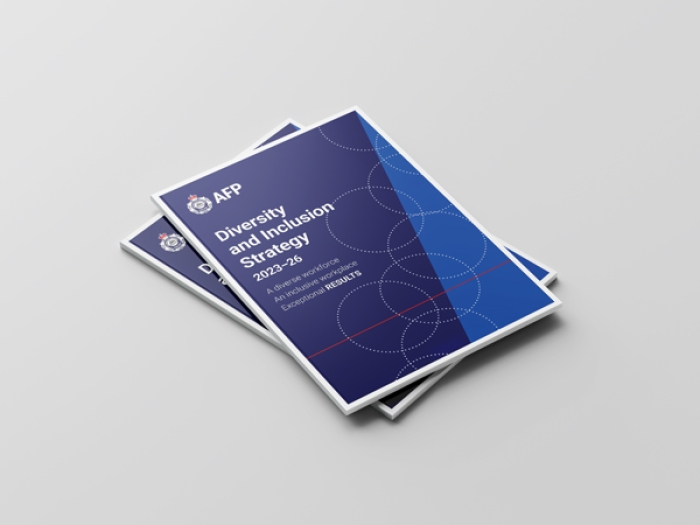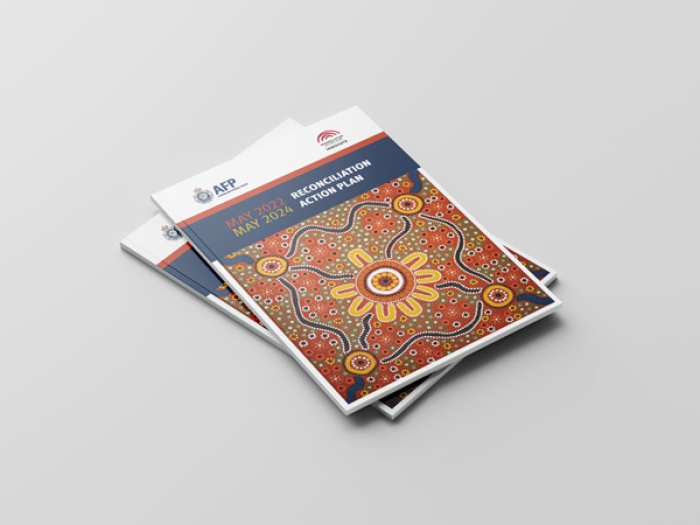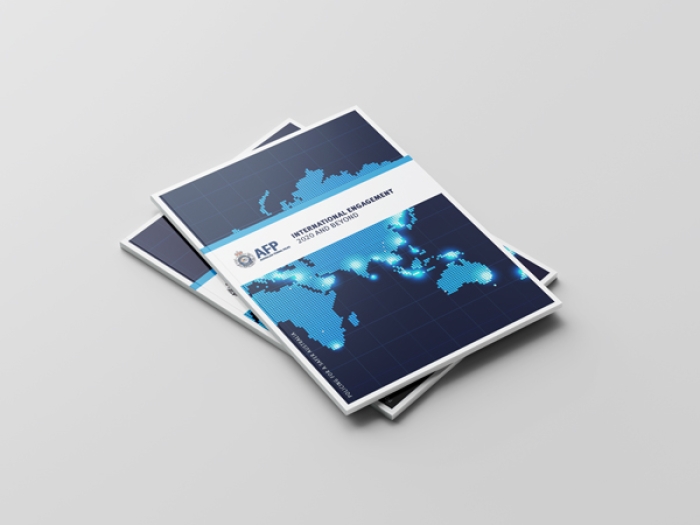Commissioner’s foreword
This is the AFP’s first annual Federal Crime Threat Picture, designed to bring awareness to the range of criminal threats targeting Australia now and in the near future, and the role that the AFP plays in maximising impact on the criminal environment. As your national police force, the AFP strives for the protection of Australian lives, livelihoods and our way of life.
Criminal threats are increasing, the range of threats is diversifying and the likelihood of harm occurring continues to grow. Australia’s general level of wealth, compounded by, technological, economic and geopolitical factors, contribute to Australia being an attractive target for criminals across the spectrum of transnational serious organised crime, terrorism, cybercrime, espionage and foreign interference, fraud and corruption and human exploitation.
Unconstrained by ethics, criminals are able to quickly pivot the way they work and adopt new technologies to maximise their impact and evade law enforcement. We know Australia’s most significant organised crime figures are based offshore, are highly resilient and deliberately seek to operate beyond the reach of Australian law enforcement.
The AFP’s operating environment is expected to become increasingly complex over the coming years. We are required to respond to a growing range of threats that will impact the life and livelihood of all Australians at home and offshore. An increasing amount of mis and disinformation, which is quickly spread through the Internet, is providing a vehicle for violence, potentially contributing to degrading trust in government and law enforcement.
The AFP will continue to adapt to meet evolving and emerging threats – innovating to stay a step ahead, and keep the community safe from harm.
REECE P KERSHAW APM
COMMISSIONER
AUSTRALIAN FEDERAL POLICE





